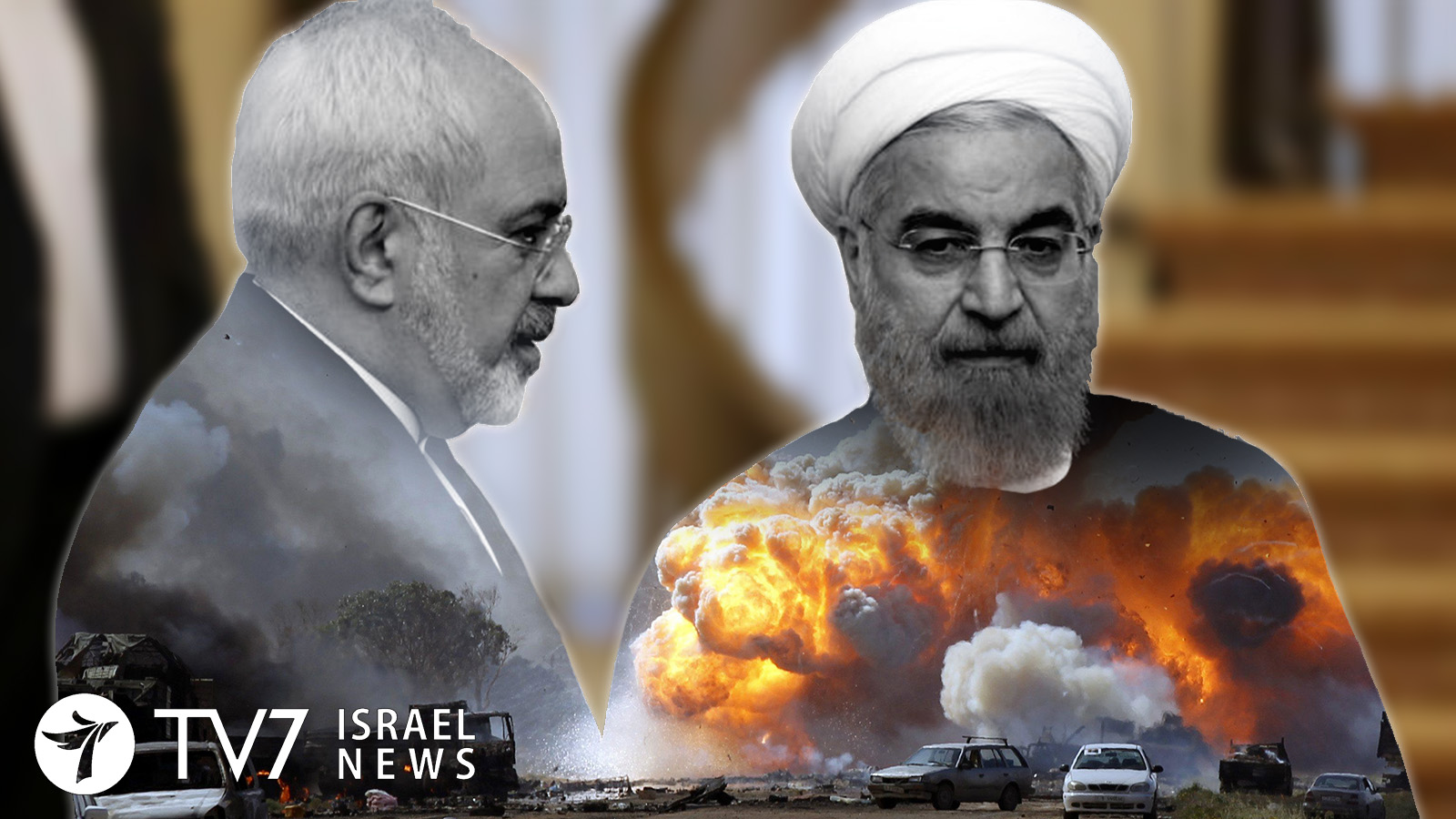Prime Minister Benjamin Netanyahu arrived in the Polish capital Warsaw last night, to attend an international ministerial summit. The conference, which is spear-headed by the United States, aims at addressing a variety of issues that relate to the Middle East in general, and threats posed by the Islamic Republic of Iran in particular. Prior to boarding his plane, Prime Minister Netanyahu underscored the importance of the conference, which indicates global-unity in confronting Iran’s malign activities and hostile aspirations. Netanyahu said: “This is a very important international conference in Warsaw. The focus is Iran. This brings together Israel, the US, and countries in and beyond the region. There will be interesting meetings there.” / “Our relations with countries in the region, except Syria, are all very good and descriptions to the effect that we have rifts with them are the opposite of reality. The reality is that these relations are becoming tighter. I do not say that they are all open; they are not all open. But part of this is open and how do you say? It is possible to see this above the ground; it is possible to see it in the air.”
While the declared aim of the conference is to discuss challenges that emanate from the volatile Middle East in general, primarily because of European objections to single-out Iran as the root of regional instability; Netanyahu accused those European countries of “forcing a cover over their eyes” when it comes to Tehran’s malign activities. In his words, “Closing their eyes? They are forcing a cover on their eyes. How can you refer to this differently? They (Europe) just ignores the fact that Iran sends murderers into their cities, that Iran is operating terror-cells in their countries, and at the same time, European countries are courting after Iran in attempts to implement mechanisms that circumvent American sanctions. If anything can be called absurd, this is it!”
Contrary to European discrepancy on a united effort to thwart the Islamic Republic from expanding its sphere of influence; Prime Minister Benjamin Netanyahu revealed that Israel continues to act on a daily-basis to impede the Ayatollah regime from exporting its ‘Islamic Revolutionary ideology.’ “Iran threatens us on the 40th anniversary of the revolution. They threatened to destroy Tel Aviv and Haifa, and I said that they would not succeed but if they try then I repeat that this will be the last anniversary of the revolution that they celebrate, this regime. We operate very many means and very many elements against the Iranian aggression, against their attempt to arm themselves with nuclear weapons and ballistic missiles. Time and again we have exposed their terrorist actions in Europe. Time and again we have blocked their attempts to entrench in Syria, day after day.” / “We act every day, including yesterday, against Iran. All the time. Against Iran and its attempts to entrench in the region. And I can also tell you, definitively, that the economic pressure is apparent in Iran’s activities against us, because we can see the economic distress impacting also in this. We can see (Iran) cutting funds, reducing troops, pulling troops back, and we can see it on all fronts surrounding us,” he said.
Meanwhile in Warsaw, U.S. Secretary of State Mike Pompeo announced that 60 countries will be represented in the ministerial summit, “to talk about the future of Middle East stability and prosperity. We will talk about the Middle East peace plan, we’ll talk about threats, too, from counter-terrorism, we’ll talk about how these countries can work together. We’ll have 60 countries, over 30 foreign ministers there, from every continent, say for Antarctica, this is a global coalition that is built to deliver on the important mission of reducing the risk that has emanated from the Middle East for far too long.”
While the U.S. administration attempted to reassure its European counterparts that the conference was “not an anti-Iran meeting or a coalition-building exercise,” but rather that Secretary Pompeo will discuss what the White House called “Iran’s destructive policies in the region.” The European Union’s foreign policy chief, Federica Mogherini, who heads the EU’s efforts to preserve the nuclear agreement with Iran – managed to convince several Western European Foreign Ministers not to attend the summit, that has been boycotted among others, by Russia.
Nevertheless, Polish Foreign Minister Czaputowicz stressed that the EU’s absence is not considered a significant loss, as its influence in the Middle East does not carry sufficient political weight to make a real difference. Czaputowicz said: “The European Union alone does not, in my opinion, carry sufficient political weight to try to really influence the situation in the Middle East. Only working together with the United States, and broadly speaking the community of democratic countries, can we have a positive influence and achieve peace and stabilization of the situation in the Middle East.”
